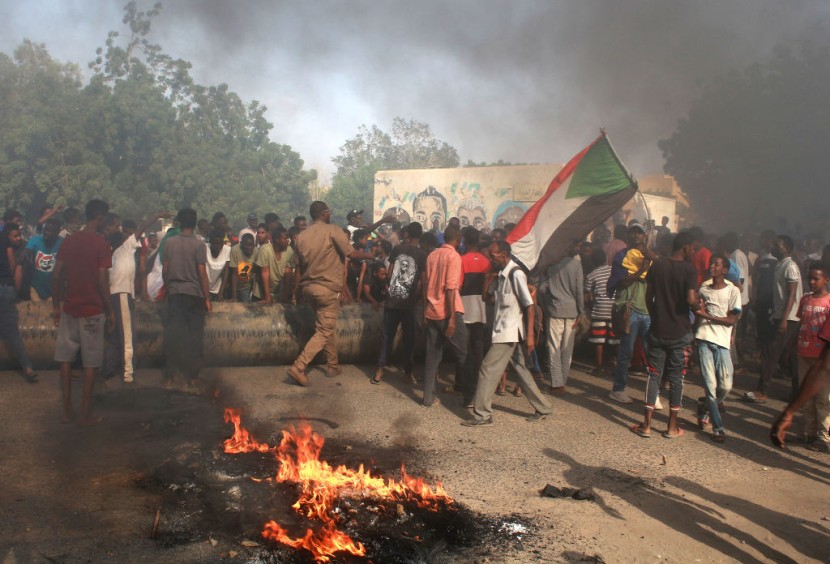
Sudan is currently in turmoil after the country's military started a coup takeover, firing at crowds who have opposed the movement, resulting in the deaths of at least seven people and causing injuries to roughly 140 others.
The streets of Sudan were flooded with protesters after the region's armed forces dissolved civilian rule, arrested political leaders, and called a state of emergency on Monday. It was reported that soldiers had gone around visiting people's homes in the capital of Khartoum to arrest local protest organizers.
Sudan Military's Coup Attempt
Many nations worldwide have criticized the military's coup, and the United States has stopped sending aid to the region worth around $700 million. Gen. Abdel Fattah Burhan, the leader of the coup attempt, argued that military action was necessary due to the political infighting in Sudan.
Since longtime ruler Omar al-Bashir was overthrown two years ago, civilian leaders and their military counterparts have been at odds. On Monday night, a large gathering of protesters took to the streets of Khartoum and other cities to demand the military give back the government to civilians, the BBC reported.
The military was reported to have placed Sudanese Prime Minister Abdulla Hamdok under house arrest and urged him to support the coup takeover. The largest political party in Sudan, the Umma Party, has called on the country's people to protest against the military's takeover attempt.
Amid the number of protests across the country, military troops opened fire on some of the crowds, killing two demonstrators and injuring 80 others. The U.S. Embassy in Khartoum urged Americans in Sudan to take shelter on Monday after indications of a military coup were sparked.
"The U.S. Embassy has received reports that armed forces are blocking certain areas in and around Khartoum. Internet in Khartoum is non-functional," the U.S. Embassy said in a statement, Fox News reported.
Thousands of Protesters
The Sudan military's coup takeover appears to have dealt a devastating blow to hopes for a democratic transition in one of the largest countries in Africa. Despite Gen. al-Burhan announcing the dissolution of the country's joint civilian-military government and imposition of a state of emergency, he vowed that elections scheduled for July 2023 would continue.
For weeks leading up to the coup takeover attempt, signs suggested the military was plotting a scheme. They have been unwilling to share power and intent on protecting their own interests fully.
In defense of the coup, Gen. al-Burhan argued that squabbling rival civilian political factions in the country were the primary reason for the coup. He said that what Sudan was experiencing due to the turmoil was the real threat to the region.
Thousands of people took to the streets soon after news of the coup attempt was released, flooding Khartoum. Television broadcasts showed people burning tires, causing plumes of smoke to rise into the city's sky. However, shortly after, the information ministry announced that internet service in the region had been halted, making it difficult to know what was happening in Sudan accurately, the New York Times reported.
Related Article: Russian Group Linked in SolarWinds Hacking Still Targeting Global Networks; New Efforts Prove Russia is Undeterred With US Sanctions
© 2026 HNGN, All rights reserved. Do not reproduce without permission.








